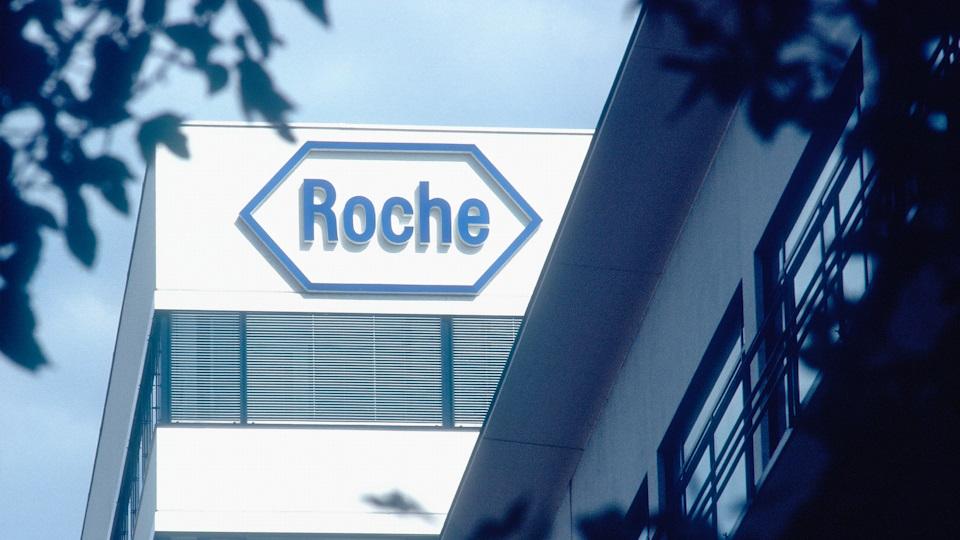Roche gets EU okay for first HER2-low test kit

Roche has obtained a CE Mark in the EU for a companion diagnostic that can be used to identify patients with HER2-low metastatic breast cancer who may be eligible for treatment with AstraZeneca and Daiichi Sankyo’s Enhertu.
The availability of a simple immunohistochemical (IHC) test for HER2-low status is seen as critical to the successful rollout of Enhertu (trastuzumab deruxtecan) in this category of breast cancer patients and comes just over a year after the HER2-targeting antibody-drug conjugate (ADC) was approved in the EU for this use.
Previously, breast cancer was classified as broadly HER2-negative or HER2-positive, but AZ and Daiichi Sankyo have broken new ground with their HER2-low classification, extending the number of patients who may benefit from treatment with Enhertu.
Approximately half of all patients with metastatic breast cancer express low levels of HER2 that would previously have placed them in the HER2-negative camp. In Europe, approximately 531,000 breast cancer patients are diagnosed annually, with around 141,000 deaths.
The new diagnostic, part of Roche’s Ventana platform, has been approved in the US under the Pathway brand since October 2022. In Europe, it is called the Ventana HER2 (4B5) test – already used for deciding HER2 status – and incorporates a scoring algorithm that helps pathologists to identify low expressors.
It was used in the DESTINY-Breast04 trial of Enhertu, which enrolled more than 550 patients with HER2-low unresectable, metastatic breast cancer who received multiple lines of prior treatment.
In that study, which formed the basis for Enhertu’s approval in HER2-low breast cancer, the drug reduced the risk of disease progression or death by 50% and improved overall survival by 36% compared to chemotherapy. That translated to an extra six months of life for patients, extended from a median of 16.8 months to 23.4 months.
Enhertu is approved for a range of indications in HER2-associated breast, gastric, and lung cancers, and has just been approved by the FDA for all HER2-positive solid tumours, regardless of where they occur in the body.
The drug is already a blockbuster, with sales doubling to around $2.5 billion last year, and analysts have suggested that the product could eventually achieve sales of $6 billion a year at its peak. The HER2-low opportunity could be equivalent to $3 billion in additional sales for Enhertu, according to analysts at Credit Suisse.













